
Latin American nations and the Bush administration spent the past week loudly arguing over what censure, if any, Colombia should face for a bombing raid that killed one of the top leaders of the FARC terrorist group at a jungle camp in Ecuador. More quietly, they are just beginning to consider a far more serious and potentially explosive question: What to do about the revelation that Venezuelan President Hugo Chávez forged a strategic alliance with the FARC aimed at Colombia's democratic government.
First reports of the documents recovered from laptops at the FARC camp spoke of promises by Chávez to deliver up to $300 million to a group renowned for kidnapping, drug trafficking and massacres of civilians; they also showed that Ecuadoran President Rafael Correa was prepared to remove from his own army officers who objected to the FARC's Ecuadoran bases.
But in their totality, the hundreds of pages of documents so far made public by Colombia paint an even more chilling picture. The raid appears to have preempted a breathtakingly ambitious "strategic plan" agreed on by Chávez and the FARC with the initial goal of gaining international recognition for a movement designated a terrorist organization by both the United States and Europe. Chávez then intended to force Colombian President Álvaro Uribe to negotiate a political settlement with the FARC, and to promote a candidate allied with Chávez and the FARC to take power from Uribe.
All this is laid out in a series of three e-mails sent in February to the FARC's top leaders by Iván Márquez and Rodrigo Granda, envoys who held a series of secret meetings with Chávez. Judging from the memos, Chávez did most of the talking: He outlined a five-stage plan for undermining Uribe's government, beginning with the release of several of the scores of hostages the FARC is holding.
The first e-mail, dated Feb. 8, discusses the money: It says that Chávez, whom they call "angel," "has the first 50 [million] available and has a plan to get us the remaining 200 in the course of the year." Chávez proposed sending the first "packet" of money "through the black market in order to avoid problems." He said more could be arranged by giving the FARC a quota of petroleum to sell abroad or gasoline to retail in Colombia or Venezuela.
Chávez then got to the plans that most interested him. He wanted the FARC to propose collecting all of its hostages in the open, possibly in Venezuela, for a proposed exchange for 500 FARC prisoners in Colombian jails. Chávez said he would travel to the area for a meeting with the FARC's top leader, Manuel Marulanda, and said the presidents of Ecuador, Nicaragua and Bolivia would accompany him. Meanwhile, Chávez said he would set up a new diplomatic group, composed of those countries and the FARC, plus Mexico, Brazil and Argentina, for the purpose of recognizing the FARC as a legitimate "belligerent" in Colombia and forcing Uribe into releasing its prisoners.
In "the early morning hours," the FARC envoys recounted in a Feb. 9 e-mail, Chávez reached the subject of whether the release of Ingrid Betancourt, a former Colombian presidential candidate who is the FARC's best-known hostage, would complicate his plan to back a pro-FARC alternative to Uribe. "He invites the FARC to participate in a few sessions of analysis he has laid out for following the Colombian political situation," the e-mail concluded.
Assuming these documents are authentic -- and it's hard to believe that the cerebral and calculating Uribe would knowingly hand over forgeries to the world media and the Organization of American States -- both the Bush administration and Latin American governments will have fateful decisions to make about Chávez. His reported actions are, first of all, a violation of U.N. Security Council Resolution 1373, passed in September 2001, which prohibits all states from providing financing or havens to terrorist organizations. More directly, the Colombian evidence would be more than enough to justify a State Department decision to cite Venezuela as a state sponsor of terrorism. Once cited, Venezuela would be subject to a number of automatic sanctions, some of which could complicate its continuing export of oil to the United States. A cutoff would temporarily inconvenience Americans -- and cripple Venezuela, which could have trouble selling its heavy oil in other markets.
For now, the Bush administration appears anxious to avoid this kind of confrontation. U.S. intelligence agencies are analyzing the Colombian evidence; officials say they will share any conclusions with key Latin American governments. Yet those governments have mostly shrunk from confronting Chávez in the past, and some have quietly urged Bush to take him on. If the president decides to ignore clear evidence that Venezuela has funded and conspired with an officially designated terrorist organization, he will flout what has been his first principle since Sept. 11, 2001.
By Jackson DiehlWashington Post
Fuente:
http://www.anajuliajatar.com/
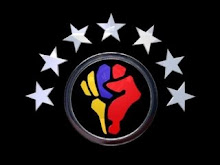



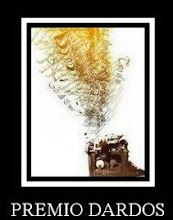











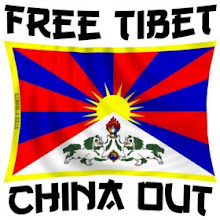










.jpg)


















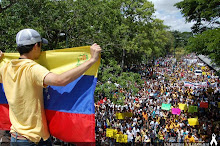





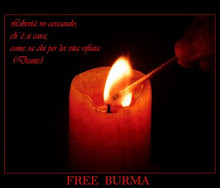

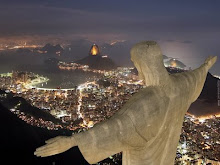




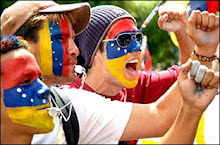




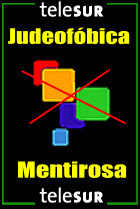










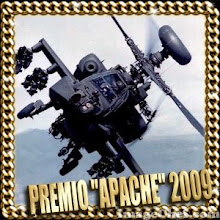
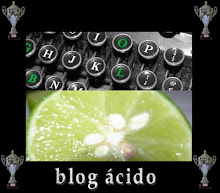
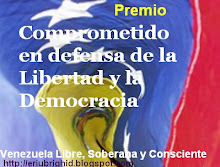


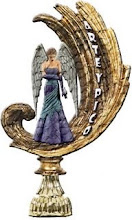






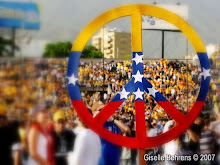





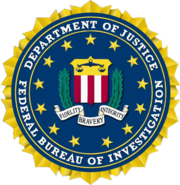



















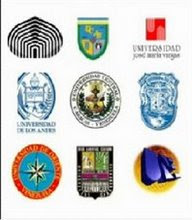


No hay comentarios:
Publicar un comentario